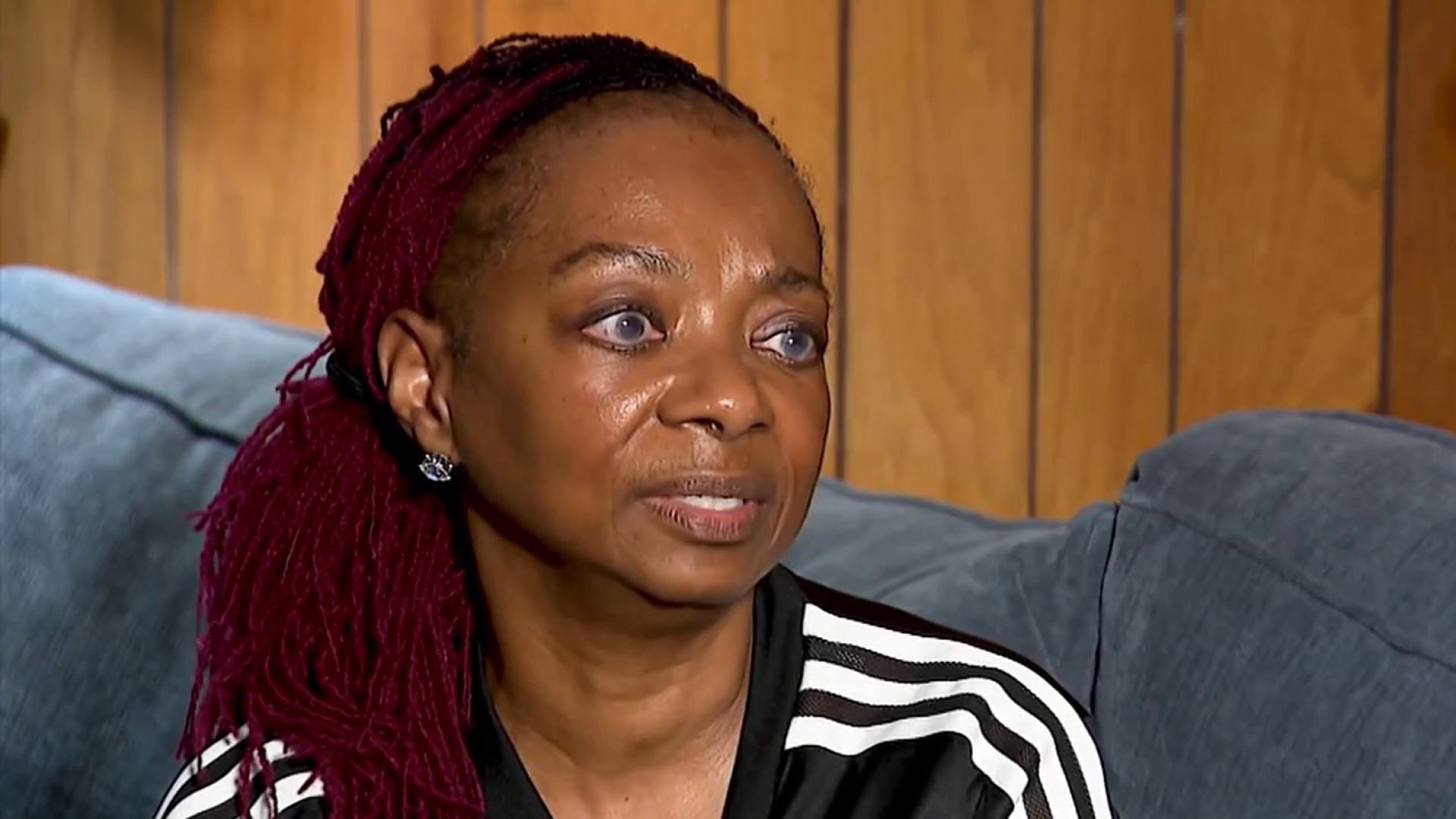The Trump administration's decision to cut two federal programs that provided more than $1 billion in funding is expected to dramatically affect those in need in D.C., especially schools and food banks that purchase food from local farms.
The U.S. Department of Agriculture cut $500 million worth of food deliveries, and the shock is affecting people across the country.
"Many times, I've needed food to survive from day-to-day, and these food pantries are vital for many, many like me, our survival throughout the day and throughout the week," said food bank client Steve Hill.
The cut is expected to affect large numbers of people in the District.
We've got the news you need to know to start your day. Sign up for the First & 4Most morning newsletter — delivered to your inbox daily. Sign up here.
One in three people face food insecurity across the region, according to Radha Muthiah, the CEO of Capital Area Food Bank.
“These are our neighbors, these are people you might sit on the same Metrocar with, these are families your kids go to school with, these are neighbors on your block,” she said. “There are over a million individuals in our region who needed support from the food bank.”
Capital Area Food Bank said in a given year, between a quarter and a third of the food they provide to those in need come through USDA programs.
Local
Washington, D.C., Maryland and Virginia local news, events and information
“We anticipate, as an example, another 55 truckloads of food coming in through one of the programs that’s been affected, and we've heard so far that half of those truckloads might likely not come through. They’re labeled as ‘returned,”” Muthiah said. “So if that’s the case, that’s 670,000 meals worth of groceries that we now have to pivot and look to other sources.”
To keep up with the demand, Capital Area Food Bank will need to act quickly and pivot to other sources to bridge that gap, including financial supporters and retailers to increase funds and donations.
It’s a swift change many food banks across the country will have to adapt to, affecting those in need nationwide.
"I would love to see one of those that are doing the cutting be in the position to lose everything they've got and get into a position where they have to use a food pantry. That would be awesome to see,” Hill said. “Then they'd understand why these programs are so vital, so important."



